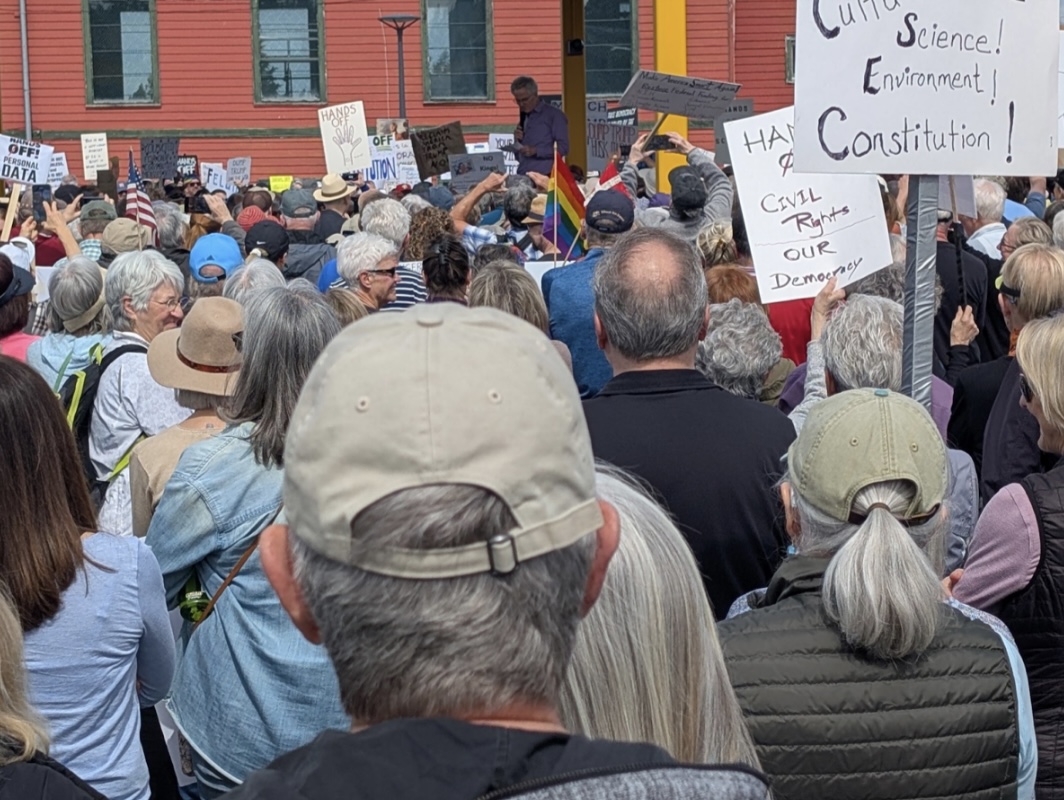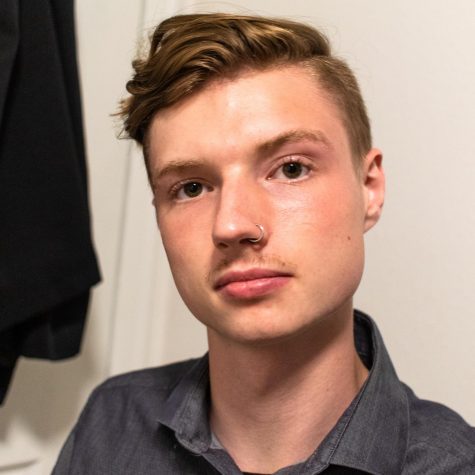NEW LAW LEAVES YOUNG SMOKERS IN LIMBO
Come Jan. 1, 2020, I will no longer be permitted to purchase, and in effect, smoke cigarettes under a new Washington state law. The age for purchasing tobacco products will be raised from 18 to 21, and I will be 20, one of the few generations worth of Washingtonians caught in limbo with this new law.
I can go to war against my will; I’m apparently responsible enough for that. I’m allowed to take part in selecting the next president, which impacts far more people than I do with secondhand smoke. But when it comes to making a personal choice about my own health, the government thinks they know better than I do.
There are well intentioned and reasonable arguments for why the smoking age should be raised, not least among them the potential impact on youth consumption in an era where underage vaping has taken off. However, it is unreasonable to force legal adults to suffer the consequences of reckless teens’ actions.
I can personally attest to the fact that addiction is a problem. I would never advocate smoking. But forcing smokers to quit cold turkey during the holiday season is only going to make it more hectic.
The state allowed me to legally become addicted to nicotine products, and now they’re going to make me quit, even if Jan. 1 is a bad time for me.
In reality, I’ll likely have my 21 year old friends buy me nicotine products, which defeats a key portion of the argument for changing the age. Twenty-one is an entirely arbitrary number, after all.
Purportedly, the number was chosen for two reasons: High school students are less likely to know a person 21 or older than a person 18 or older that will buy nicotine products for them, and younger people are more susceptible to addiction. Let’s unpack that a bit.
In high school, the students are all sub-21, but many have older siblings that are willing to buy things for them. I didn’t know anyone over 21 while I was in high school, but I knew at least three people with an older brother who would buy alcohol for them.
The age limit did not keep my peers from drinking. I see no reason why it would do any differently for vaping or smoking.
In response to the other argument, about youth and addiction: The legislature is partially correct here. Younger brains are more susceptible to addiction than fully developed ones. However, at the age of 21, the brain is still developing, so raising the issue of brain development is a red herring. The new age will not solve that problem, either.
The legislature wants to give the appearance of having a solution to the vaping epidemic, but doesn’t care enough to do consider the adverse consequences of the changes they are making. If they had put in effort, they would have seen the obvious win-win solution: Phase in the new age restriction in a way that nobody loses access.
If they were so determined not to try, they shouldn’t have bothered to do anything at all. Let me choose the right time to quit. It’s my health, after all.








